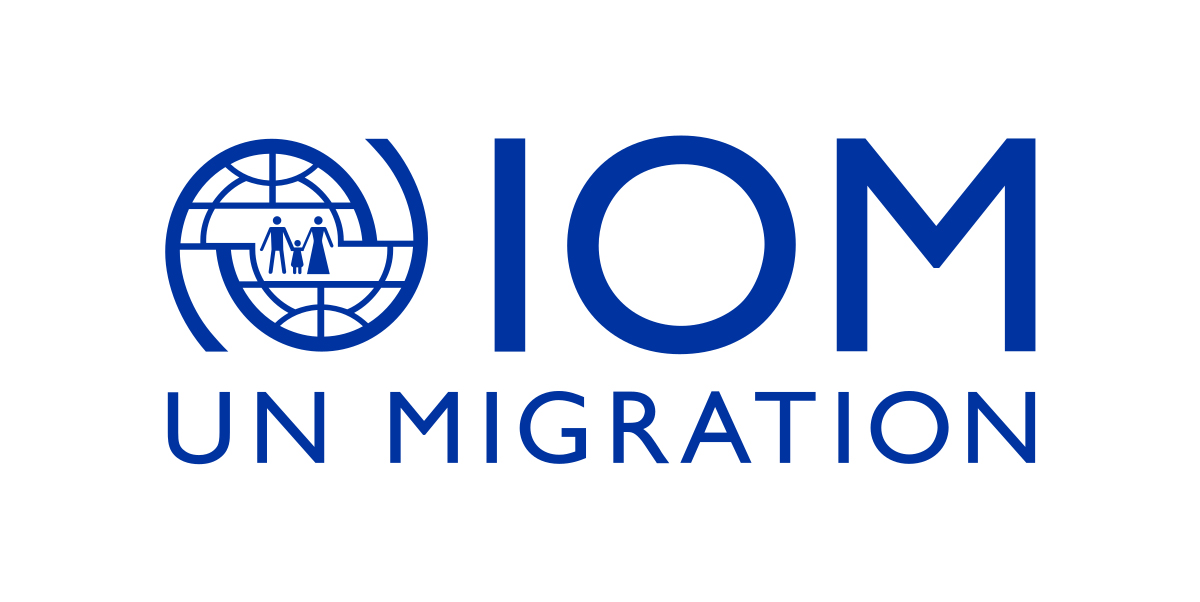The International Organization for Migration (IOM), in collaboration with the Caribbean Community Implementing Agency for Crime and Security (CARICOM IMPACS), recently hosted a meeting on drafting legislation to curb the smuggling of migrants, which it said is on the rise around the Caribbean region.
In a statement, the IOM said that at the two-day event, which concluded last Wednesday in Trinidad and Tobago, the Deputy Director of the International Affairs Unit at the Ministry of Foreign Affairs, Richard Lynch, underscored the importance of achieving the objectives of the Global Compact for Safe, Orderly, and Regular Migration (GCM) while noting that counter-smuggling is a diverse issue that requires multi-agency collaboration to address.
The release said that Lynch further identified policy development, strategic planning, and the “implementation imperative” as having emerged as the most effective means for national security leadership and evaluating matters of migrant smuggling.
“This endeavour will further advance the region’s compliance with the UN Convention on Transnational Organized Crime and effect the protocol on the smuggling of migrants by land, sea, and air,” the statement quoted him as saying.
According to the statement, IOM Regional Director for North America, Central America, and the Caribbean, Michelle Klein-Solomon, in her opening remarks underscored the
importance of government officials being able to meet and address pressing issues on migration in the Region. The IOM’s Program Support Officer, Brendan Tarnay, added that the meeting was testimony that the governments of CARICOM are committed to realizing the objectives of the GCM, particularly Objective 9, which seeks to strengthen the transnational response to smuggling of migrants.
“It is particularly promising for those who have been put into situations of vulnerability due to these networks, as Caribbean States aim to ensure that smuggled migrants do not become liable to criminal prosecution having been the object of smuggling,” the statement quoted Tarnay as saying, while adding that “this would need to balance respect for countries’ legal systems while ensuring that responses are in accordance with international law.”
The statement said that the meeting included a review of a model counter-smuggling of migrants’ legislation that was developed in 2021, in addition to agreeing on the next steps towards the advancing legislation at a national level, its operationalization and the development of standard operating procedures.
It said that of note, the gathering also facilitated a landmark Caribbean-Pacific exchange between the Chair of CARICOM Standing Committee of Chiefs of Immigration, Leroy Joseph, and Head of the Pacific Immigration Development Community (PIDC) Secretariat, Ioane Alama.
The exchange, the statement said, addressed the linkages between environmental disasters and irregular movements as Small Island Developing States seek to develop response mechanisms through regional cooperation to address climate change, natural disasters and health emergencies, such as COVID-19.
It said that participating member countries were invited to share their experiences, challenges, and good practices on counter-smuggling of migrants and that in depth discussions also highlighted the linkages between smuggling of migrants and related crimes of human, drug and arms trafficking.
According to the statement, participants also paid special attention to compliance with the Protocol Against Smuggling of Migrants by Land, Sea, and Air, which has been signed by all Caribbean States except for Saint Lucia.
The statement said that the meeting was organized by IOM’s Western Hemisphere Program, through funding from the U.S. Department of State Bureau for Population, Refugees and Migration, and brought together 25 Caribbean government officials with other representatives including officials from immigration and customs departments, and attorneys general offices as both have vital roles in drafting legislation of this type.






